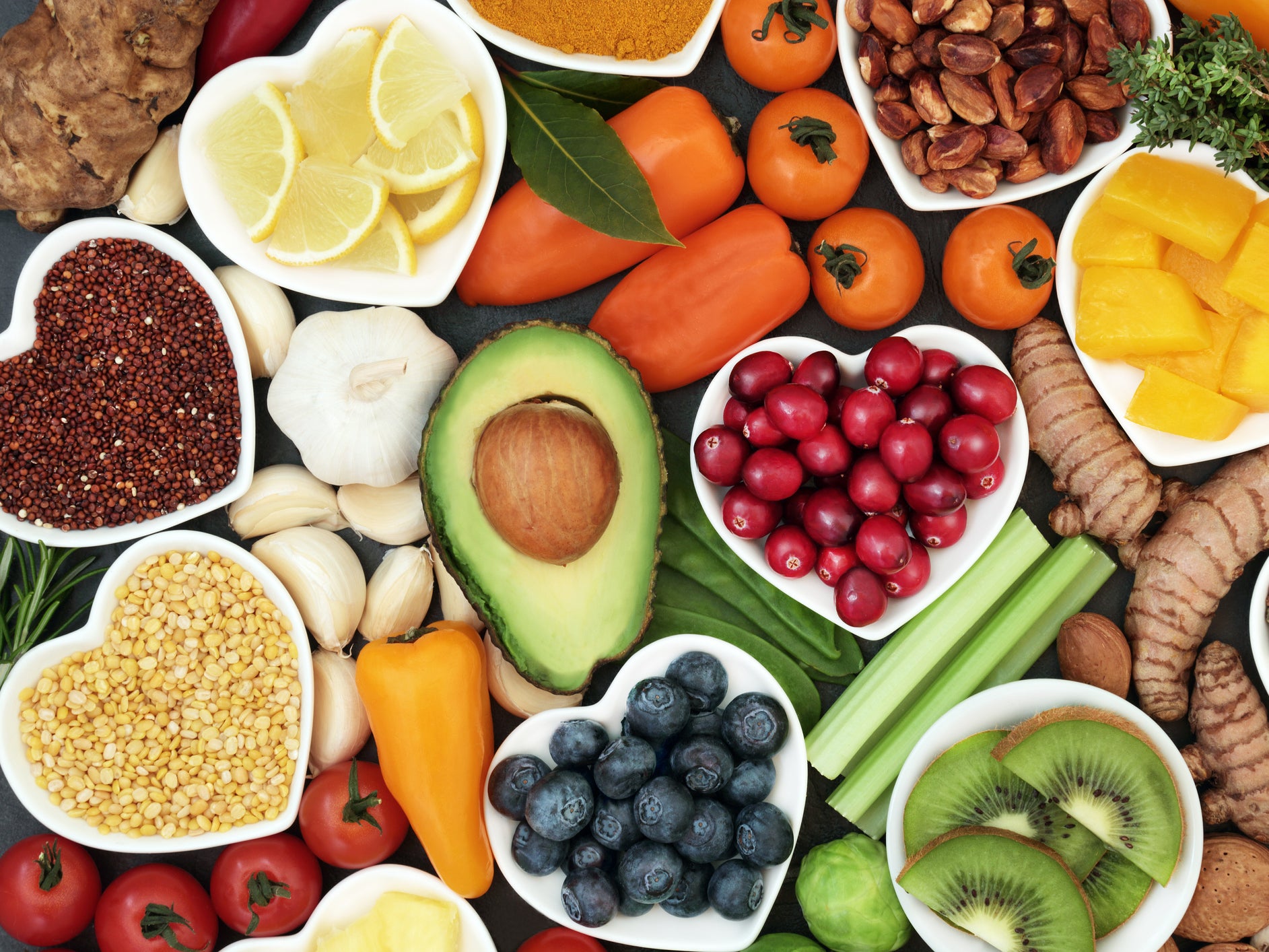Brexit food shortages: Government being secretive over public health risks of no deal
Supplies face ‘unprecedented’ disruption, yet ministers have not shared assessments with public for fear of sparking panic-buying by consumers

Your support helps us to tell the story
From reproductive rights to climate change to Big Tech, The Independent is on the ground when the story is developing. Whether it's investigating the financials of Elon Musk's pro-Trump PAC or producing our latest documentary, 'The A Word', which shines a light on the American women fighting for reproductive rights, we know how important it is to parse out the facts from the messaging.
At such a critical moment in US history, we need reporters on the ground. Your donation allows us to keep sending journalists to speak to both sides of the story.
The Independent is trusted by Americans across the entire political spectrum. And unlike many other quality news outlets, we choose not to lock Americans out of our reporting and analysis with paywalls. We believe quality journalism should be available to everyone, paid for by those who can afford it.
Your support makes all the difference.The UK faces food shortages in the aftermath of a no-deal Brexit that will disproportionately hit poorer households, yet the government is being secretive about the true extent of the problem in an attempt to avoid consumers panic-buying, according to a leading food policy academic.
Writing in The Lancet, Tim Lang, professor of food policy at City University, warned that the UK’s food supply faces levels of disruption “unprecedented” in peacetime.
The government estimates that half of lorries entering the country will be unable to cross the border smoothly and that the flow of trucks could drop by a third within a day of a no-deal Brexit, helping to push up food prices by more than 10 per cent as costs rise and supplies fall.
Fresh fruit and vegetables will be the worst hit, with 19 per cent of the UK supply coming from Spain alone, said Professor Lang. Almost 40 per cent of all food consumed in the UK comes from the EU or from other countries via EU trade deals.
Professor Lang warned that Britons, particularly those on lower incomes, already under-consume fresh fruit and vegetables, and food banks are not fully prepared for shortages, which could have a negative impact on diets and public health.
Problems will be exacerbated by the proposed timing of Brexit on 31 October, because November is when UK food businesses’ usual planning and storage arrangements are already under pressure in the pre-Christmas period, wrote Professor Lang.
The main food bank organisers have informed the government that their local groups do not have enough food, volunteer support, and storage capacity to deal with increases in demand.
They have called for a hardship fund to be established to ensure people have enough money to feed themselves properly.
Professor Lang said that the public had so far been kept “largely in the dark” about the government’s view on the gravity of the situation that could unfold.
The government’s estimates for the impact have not been shared with the public, “yet it is the public whose dietary options are now expected to be disrupted”, warned Professor Lang.
He questioned whether Mr Johnson’s £100m advertising campaign about no-deal Brexit announced last week would share the government’s true prognosis about food prices and availability.
“At what point will the public be engaged and informed to help prepare for a no-deal Brexit?” asked Professor Lang.
“A troubling new food planning case study appears to be unfolding.”
His warning echoes that of Bank of England governor Mark Carney, who said on Friday that food shortages, job losses and business closures are likely in the wake of a no-deal Brexit.
“The challenge is, particularly in food, it’s perishable, so you can’t stockpile today for demand in November and it’s heavily, heavily dependent on those ports being open,” Mr Carney told BBC Radio 4.
He added that the automotive, food, chemicals and transport sectors would be most affected.
“The economics of no deal are that the rules of the game of exporting to Europe or importing from Europe fundamentally change and there are some very big industries in this country where that which is highly profitable becomes not profitable, becomes uneconomic and very difficult decisions will need to be taken.
“That has knock-on effects on the economy in the short term.”
Join our commenting forum
Join thought-provoking conversations, follow other Independent readers and see their replies
Comments